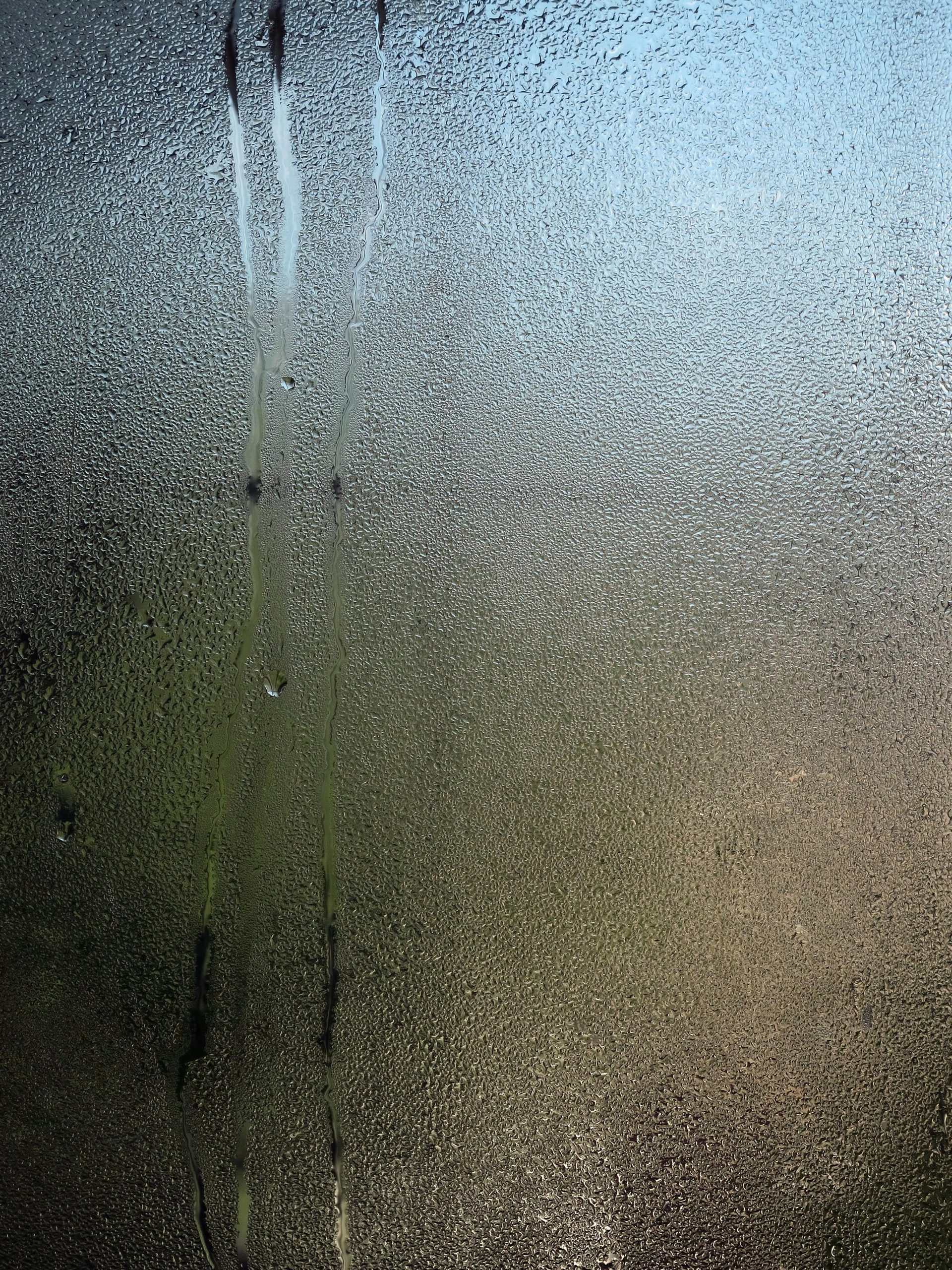Rental Property Issue – Water Line Burst
Hi everyone, I recently bought a house in December and moved in fully by mid-January. Our rental company wouldn’t let us break our lease, which goes until June, so I’ve been managing double payments until then – a trade-off for finding a place we love. I still have a few belongings and a car at the old rental, and I’ve been checking on it every few days as the lease requires. Up until this week, everything has been going smoothly.
However, while we were on vacation (starting February 21), I received a call from our landlord saying that they’d received a high water usage alert. Upon investigation, they found that a fitting on the second-floor toilet had burst, causing flooding on both the first and second floors. They mentioned that drywall and flooring would need to be replaced and that the house needs to be dried out, which makes sense. My main concern now is that it feels like they might try to hold us responsible.
The rental company advised me to file a claim with my renter’s insurance, but when I reached out to my insurer, they clarified that the responsibility lies with the homeowner and their insurance. Since I don’t own the property or its structure, they stated I’m not liable for repair costs.
I’m really worried the rental company might still try to make me accountable for the damages. Has anyone dealt with a similar situation or can offer any advice? Any feedback or questions would be greatly appreciated. Thank you!




It sounds like you’re in a stressful situation, but it’s good that you’re reaching out for advice. Here are some points to consider:
Review Your Lease: Take a close look at your rental agreement. Most leases specify the responsibilities of landlords vs. tenants when it comes to maintenance and repairs. Typically, landlords are responsible for structural issues and major repairs unless it’s due to tenant negligence.
Landlord’s Responsibility: Since the water line burst seems to be a maintenance issue (a fitting breaking is generally not something a tenant can control), it should fall on the landlord’s insurance to cover the repairs. As your renters insurance advised, they typically cover your personal belongings but do not cover structural damage.
Document Everything: Keep detailed records of all communications with your landlord and rental company, as well as any photos or videos of the damage. This documentation will be helpful if there are any disputes in the future.
Communicate Clearly: Respond to your landlord’s concerns with a clear explanation of the situation. Remind them that you’ve been compliant with the lease and that this issue originated from a maintenance failure, not negligence on your part.
Potential for Dispute: Be aware that landlords sometimes attempt to shift blame to tenants to avoid costs. If that happens, you may need to assert your rights. If things escalate, consider seeking legal advice or contacting a local tenant’s rights organization for assistance.
Contact Local Resources: If necessary, reach out to local tenants’ rights groups or legal resources. They can offer guidance specific to your situation and location.
Stay Calm: While it’s understandable to be worried, staying calm will help you manage the situation more effectively. You have the rights as a tenant, and it’s important to assert them.
Hopefully, this was just an unfortunate accident and the landlord will take responsibility as required. Best of luck, and remember to take care of yourself during this stressful time!